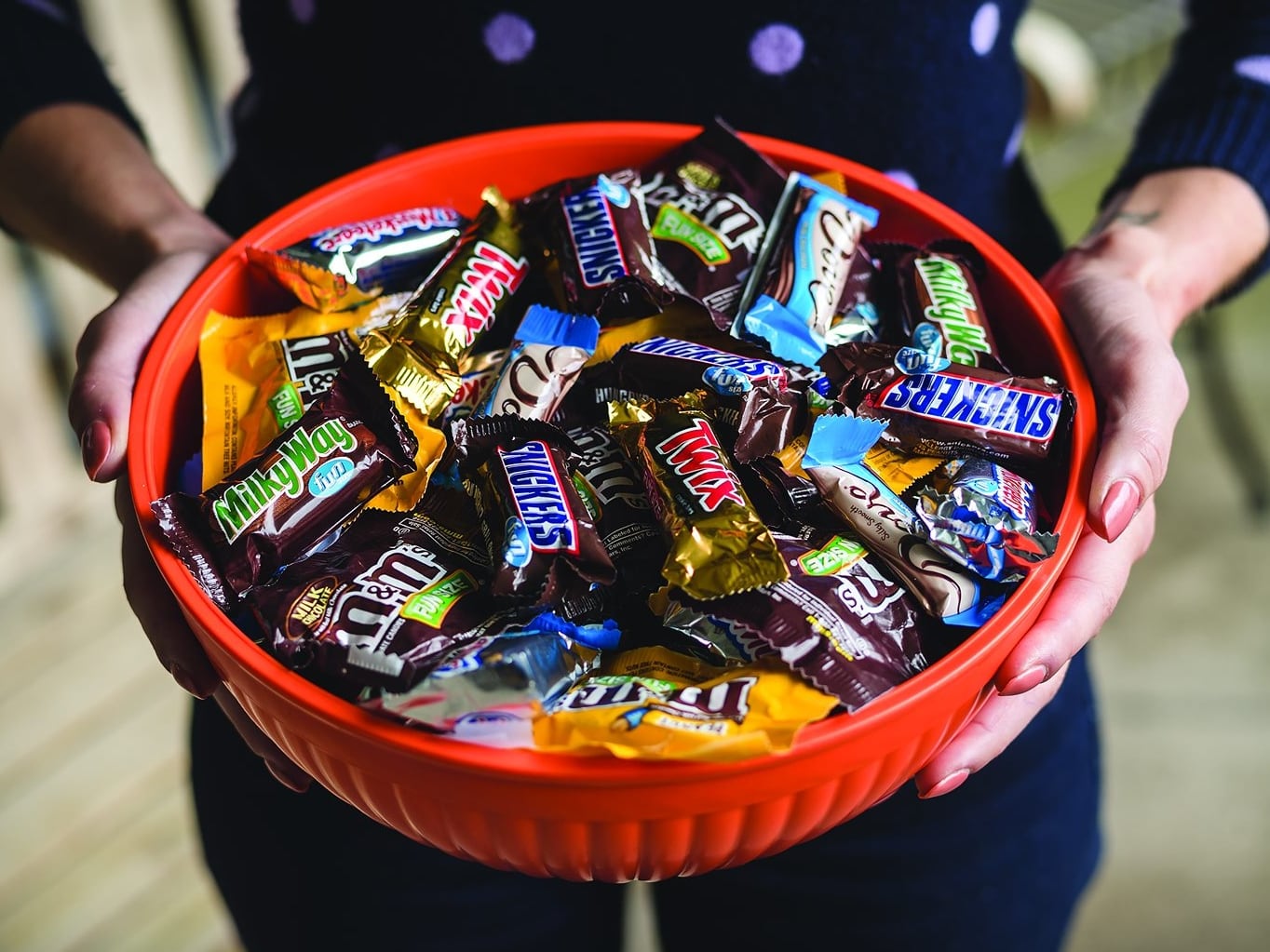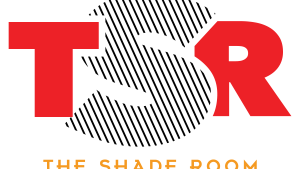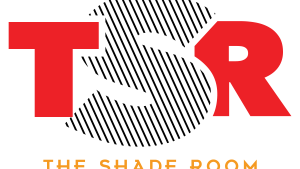
Mars-Kellanova deal to reshape global snacking market
Mars-Kellanova deal in briefMars to acquire Kellanova in $35.9bn deal, expanding its global snacking footprintDeal boosts Mars’ savoury snack portfolio with brands like Pringles and Pop TartsEuropean Commission has launched probe over competition and pricing concernsMove positions Mars to better compete with Mondelēz in the global snack marketIndustry shift toward diversification and health-focused snacks continues to growConfectionery giant Mars is well on its way to buying cereal and snack firm, Kellanova, in what would undoubtedly become one of the biggest food industry acquisitions of the decade.
Mars, known for big-name brands including M&M’s, Twix, Snickers and Galaxy, is already a powerhouse in the snacking sector.
But the pending acquisition of Kellanova, owner of consumer favourites including Pringles, Pop Tarts and Rice Krispies Squares, would take the multinational to new levels in the snacking stakes.
The all-cash deal, worth $35.9bn (€30.59bn) would absorb Kellanova’s brands into Mars Snacking, led by Mars’ global president Andrew Clarke.
But, while the deal sailed through approval systems in the United States, with the US Federal Trade Commission (FTC) concluding it doesn’t pose a threat to market competition, it’s faced opposition in Europe.
The European Commission has announced it will launch an in-depth probe, warning the deal could give Mars too much power when negotiating with retailers, which could translate to higher prices for consumers.
“By acquiring Kellanova, Mars will add several very popular brands of potato chips and cereals to its already broad and strong product portfolio,” says Teresa Ribera, executive vice-president for clean, just and competitive transition at the European Commission. “As inflation-hit food prices remain high across Europe, it is essential to ensure that this acquisition does not further drive up the cost of shopping baskets.”
So what would the deal mean for the snacking sector and the competitors of Mars Snacking?
Mars is home to big-name confectionery brands including Snickers and, of course, Mars. (Mars)What would Mars deal mean for snacking sector?“Since both Mars and Kellanova already hold significant market shares in the global snacking industry, this merger appears to be driven less by consolidation and more by international expansion,” says Mahsa Shahbandeh Najafabadi, research expert for food at Statista.
Mars has a strong presence in Europe and China, while Kellanova is a major player in Africa and Latin America, meaning that not only would the company hold market dominance in Europe and US, but across the globe.
Shahbandeh Najafabadi goes on to explain that Mars’ strategic goal is to grow Kellanova’s savoury brands in Europe and, in turn, introduce Mars’s iconic confectionery products to previously underpenetrated markets such as Africa and Latin America.
The acquisition would also allow Mars Snacking to take on Mondelēz, a company it has previously trailed behind in the snacking space.
Added to this, the savoury snack category is growing at a faster pace than sweet snacks, resulting in Kellanova reporting solid growth since 2023, and indicating a promising outlook for the combined business.
“This is an exciting opportunity to create a broader, global snacking business, allowing Kellanova and Mars Snacking to both achieve their full potential,” said Mars’ Clarke, on announcement of the acquisition. “The Kellanova brands significantly expand our Snacking platform, allowing us to even more effectively meet consumer needs and drive profitable business growth.”
If the deal is successful, household brands including Pringles, would be absorbed into Mars Snacking. (Image: Getty/Carpe89)Will others follow suit?It’s possible that other manufacturers will follow in Mars’ footsteps, in efforts to grow their portfolio and consumer reach.
“Many confectionery and chocolate companies are currently facing lawsuits, largely due to a lack of transparency across the entire chocolate supply chain,” says Statista’s Shahbandeh Najafabadi. “This growing scrutiny is placing additional pressure on confectionery-focused businesses to diversify their product portfolios.”
As a result, companies like Ferrero and Mars are increasingly investing in non-confectionery brands to reduce their dependency on traditional sweets.
And brands with less diversified portfolios could find themselves at a disadvantage in the shifting landscape.
Pop Tarts is another hugely-successful brand under in the Kellanova portfolio. (Kellanova)What’s next for the snacking sector?While comfort and reward have traditionally been the main motivations for snacking, an increasing number of consumers around the world are now choosing snacks that support health and nutritional goals.
This shift presents an opportunity for Mars and other snack brands to place greater emphasis on the healthfulness and sustainability of their product portfolios.
We can expect to see more snacks featuring health and sustainability claims
Mahsa Shahbandeh Najafabadi, Statista“We can expect to see more snacks featuring health and sustainability claims, along with value-added options such as high-protein bars, sugar-free products, and items with clearly communicated nutritional benefits,” says Statista’s Shahbandeh Najafabadi.
The market is gradually moving away from purely sugary or salty snacks and toward a broader range of innovative flavours and functional ingredients.
But will the deal go ahead or will Europe put a stop to it?
Watch this space to find out.











